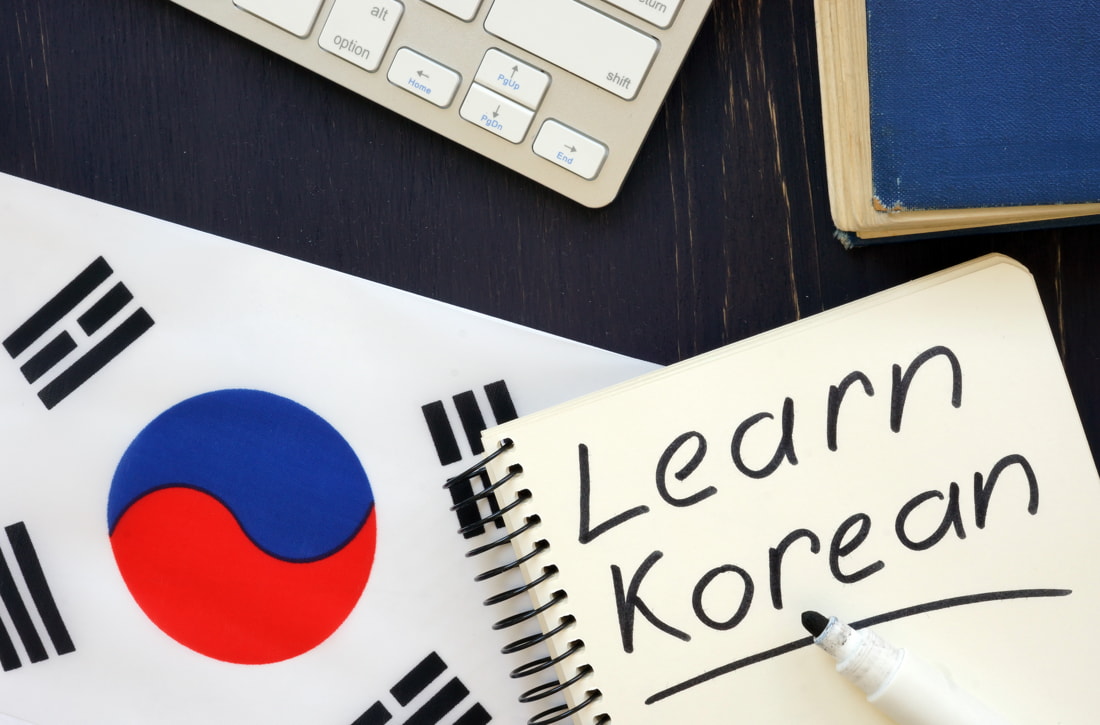According to Tricia Rowland-Walton, an educator, Kindergarten is a time of tremendous growth and development for children. Not only are they learning the fundamentals of reading, writing and arithmetic, but they are also developing important social and emotional skills. Social-emotional development refers to the child's ability to interact with other people, express their emotions in healthy ways, understand themselves better, and develop relationships with others. It is essential that these skills be developed during kindergarten so that children can become successful students later on in life. In this article we will discuss how kindergartens can help foster social-emotional development in young children. By understanding the importance of these strategies teachers can ensure that their students have all the tools necessary for success both now and in the future.
The Importance of Social-Emotional Development
According to Rowland-Walton, social and emotional development is integral to a child's education. The skills gained through this type of learning are fundamental for success in school and life. These include communication, problem-solving skills, self-control, collaboration, empathy, and more. When these skills are fostered during early childhood education, children are better equipped to handle challenges throughout their academic careers.
These skills should not be taught in isolation but integrated into everyday activities. Try incorporating music or movement into lessons and outdoor playtime for hands-on learning experiences that promote cooperation between classmates.
Additionally, discussing emotions with young learners helps them develop coping mechanisms when facing challenging situations. For example, teaching them to express feelings using words instead of physical outbursts will allow them to work through their emotions without lashing out at others. Teachers should try to teach children conflict resolution strategies to learn how to work together peacefully - something necessary for successful teamwork later in life.
The Benefits of Social and Emotional Development for Kindergarteners
The most obvious benefit of social and emotional development for kindergartners is that it prepares them to transition into elementary school. It helps them develop problem-solving, self-confidence, empathy, communication, and other essential life skills to serve them throughout their lives.
Another key benefit is that focusing on these areas encourages children to think differently about themselves as learners. It allows them to participate in activities where they can share their thoughts and ideas with others, helping them build a sense of purpose within their classroom environment. This also encourages peer collaboration, which is essential in developing healthy relationships with those around them.
Social and emotional development helps kindergartners become more aware of their emotions and how to manage them appropriately when faced with challenging situations. This teaches children how to identify their feelings to make better decisions when dealing with difficult situations or tasks.
In addition, it focuses on teaching respect for others by emphasizing the importance of kindness and compassion towards everyone around them—something that will prove beneficial throughout their lives.

The Power of Social-Emotional Development
It is for the social-emotional development of kindergartners to be addressed in the classroom. She explained that one of the best ways to do this is to provide students with opportunities to practice self-expression through activities like art, music, and play. Through these activities, students learn how to constructively communicate their thoughts, feelings, and emotions.
They also gain an understanding of how to interact successfully with their peers. This teaches them essential life skills that will stay with them long after they leave kindergarten. Fostering these types of relationships between students helps create a positive learning environment where everyone feels safe and supported.
When children feel secure, they are more likely to take risks academically and engage more deeply in the material being taught. Additionally, when children understand how their own emotions and those of others affect learning, they can better control themselves in challenging situations, leading to more significant achievement in all areas.
The Role Of Technology In Social And Emotional Learning
Tricia Rowland Walton explained that technology could also be used as an effective tool for social-emotional learning in kindergartens. For example, using video conferencing software such as Skype or Google Hangouts so students can connect with peers from around the world who share similar interests or experiences as themselves.
This technology allows children to connect with people who may not otherwise have access due to geographical restrictions or other factors, providing them with a greater sense of belonging and understanding for different cultures or lifestyles than their own.
Additionally, online resources such as blogs or discussion forums can be used by teachers to facilitate conversations about topics related to social-emotional development, allowing students to discuss their thoughts and feelings in a safe space without fear of judgment or criticism from others.
Conclusion:
Fostering social-emotional development in kindergartners is essential for creating successful learners who can recognize and manage their own emotions while still understanding those around them. These insights into the importance of this topic provide valuable insight into how teachers can use both traditional methods like art and music as well as technology tools like video conferencing software or online discussion forums to create an environment where everyone feels supported and accepted while still learning necessary life skills such as communication and collaboration that will stay with students long after they leave kindergarten.















